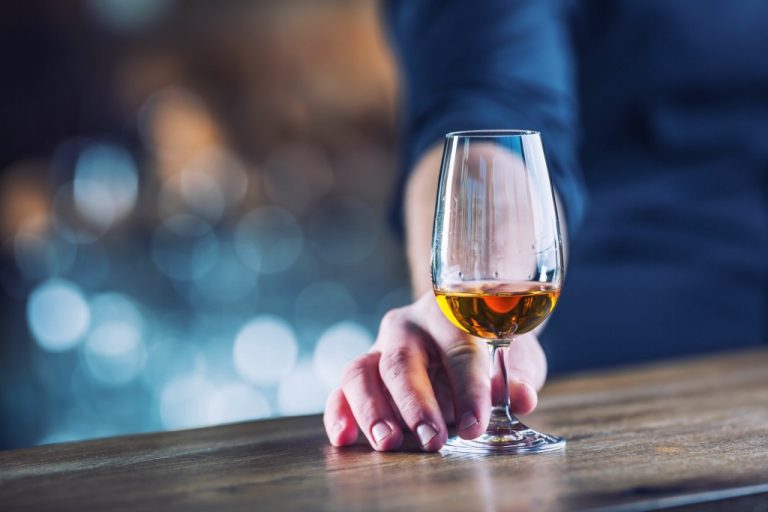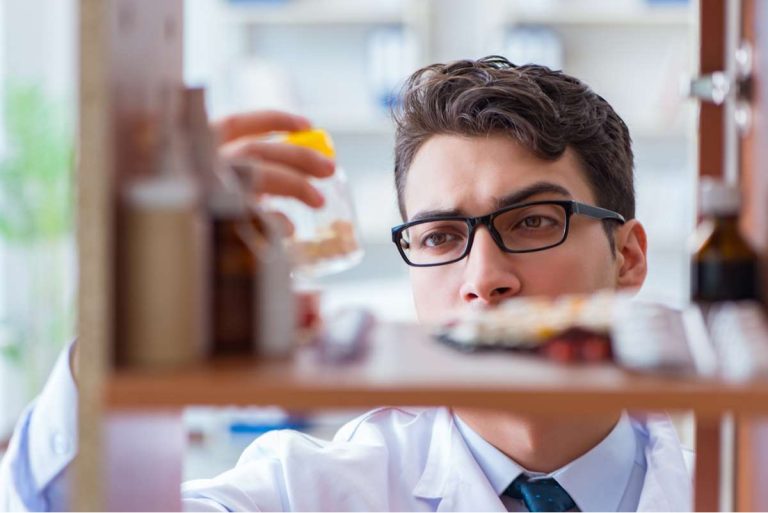What does alcohol consumption actually do to the heart?
Conversely, antiplatelets prevent platelets (small fragments in the blood) from sticking together. Blood thinners may work as either anticoagulants or antiplatelets. While taking Eliquis, it’s important to avoid certain medications like aspirin and aspirin-like medications, as well as certain medications https://only-paper.ru/load/voennaja_tekhnika_iz_bumagi/broneavtomobil_iz_bumagi/eac_dorchester_acv/12-1-0-7674 for fungal infections and seizures. Additionally, it’s recommended to avoid grapefruit and grapefruit products due to their interaction with Eliquis. Chronic alcohol consumption is known to irritate and erode the gastric mucosa, which can lead to the development of gastric ulcers.

Commonly Prescribed Blood Thinners
There’s more than one kind of blood thinner, and they work in different pathways within the body. According to research, moderate consumption of alcohol has been found to cause a small increase in your HDL https://www.micq.org/page.php?id=233 (good) cholesterol. The lowest risk of CAD deaths was found in people consuming approximately one to two alcoholic equivalents. A more neutral effect was found with stroke deaths and non-fatal strokes.
- Tell all of your doctors, including your dentist, that you’re taking a blood thinner.
- She also recommends elevating your head while you sleep to minimize the swelling.
- Only trained and licensed medical professionals can provide such services.
- Several herbs interfere with the anticlotting abilities of blood thinners.
- Particularly, you should avoid taking aspirin if taking an anticoagulant drug.
If you’re taking a blood thinner, is it still possible to get a blood clot?

Interestingly, heavy alcohol consumption tells a different story. It can raise your risk of blood clots by increasing your platelet count and activating blood platelets, making them more prone to spontaneous clotting. Understanding the contrasting effects of moderate and heavy alcohol consumption on blood clotting is vital.

Anticoagulants
If a clot is too large, it can get stuck in a smaller blood vessel. If that smaller blood vessel is in a critical location, it can block blood flow that one of your organs needs to survive. Anticoagulants are a group of medications that decrease your blood’s ability to clot.

- PLUS, the latest news on medical advances and breakthroughs from Harvard Medical School experts.
- Despite often being referred to as “blood thinners,” these medications do not actually thin the blood.
- Clopidogrel, known by its brand name, Plavix, is classified as a P2Y12 inhibitor, which is an antiplatelet agent.
- Light to moderate alcohol use can make your blood thinner, while heavy alcohol use actually increases the likelihood of forming blood clots.
- And wear your bracelet or carry your blood thinner card in case of an injury.
Heparins are anticoagulants that can help treat and prevent deep vein thrombosis, pulmonary embolism, and atrial fibrillation. These medications work by binding to antithrombin (a https://www.wellnessdayla.com/how-to-tighten-sagging-breasts-in-7-days/ protein that is essential to the coagulating process) and slow down the blood clotting process. Some examples of heparins include Lovenox (enoxaparin) and Fragmin (dalteparin).

